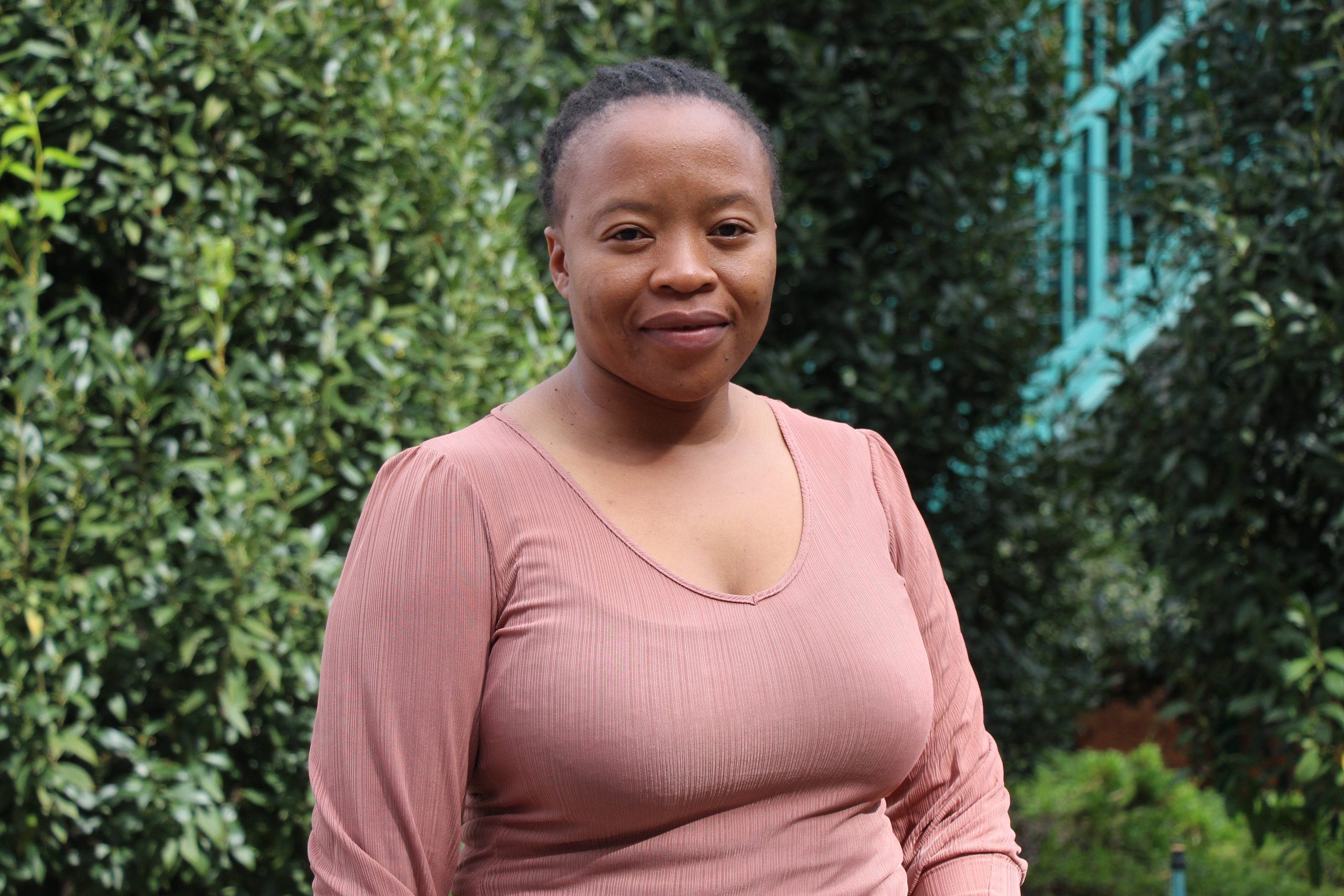South Africa’s post-school education and training (PSET) sector faces a serious crisis of access and capacity. Despite millions of young people aspiring to further their studies, universities and colleges cannot accommodate them. Researchers such as Blom (2015) and Buthelezi (2015) highlight how the contraction of public colleges has left universities to carry the burden, while 3.4 million youths between 18 and 25 remain excluded from tertiary education. The DaVinci Institute’s alumnus, Dr Allen Mutono, in his study developed a framework for mobile learning in South Africa’s Post-School Education and Training Sector.
The Promise of Mobile Learning

Mobile learning (m-learning), defined by Traxler (2016) as knowledge production that occurs “anywhere and at any moment with the help of a mobile device,” offers a potential solution. With over 60 million mobile phone users in South Africa and 700 million across Africa, the widespread availability of devices presents a unique opportunity to extend education beyond traditional institutions.
Research Gap and Objectives
While e-learning and distance learning have been explored, the absence of a structured framework for implementing mobile learning has slowed adoption in the PSET sector (Meyer, 2016). This study sought to:
- Investigate factors influencing the adoption of mobile learning.
- Examine learners’ readiness and acceptance of mobile technologies.
- Identify success factors for framework design.
- Validate a model for mobile learning implementation
Methodology and Investigations
The research employed quantitative methods, guided by the Technology Acceptance Model (TAM) and the Unified Theory of Acceptance and Use of Technology (UTAUT). Three core investigations were undertaken:
- Learners’ preparedness for mobile learning.
- Learners’ acceptance of mobile learning.
- Validation of a proposed framework with learners and facilitators
Key Findings: Post-School Education
The study revealed both opportunities and challenges:
- Many learners welcomed mobile learning due to its flexibility, access to study resources, and potential for collaboration.
- Barriers included limited readiness, resistance from facilitators, device compatibility issues, and infrastructure constraints.
- Cost, training, and usability emerged as crucial pre- and post-implementation factors
The Framework for Implementation
The developed framework outlines critical considerations before and after implementation, including:
- Pre-implementation: cost, device availability, compatibility, and user requirements.
- Post-implementation: service quality, availability of learning materials, usability, training, and ongoing evaluation
Recommendations and Future Directions
The study recommended investment in infrastructure, stakeholder training, and inclusive engagement beyond students and facilitators to include administrators, policymakers, and managers. Expanding research to diverse institutions across South Africa and Africa will further strengthen the model’s applicability
Conclusion
Mobile learning presents a practical and scalable alternative to traditional education in South Africa’s constrained PSET sector. By implementing a structured framework, policymakers and institutions can harness mobile technologies to extend learning opportunities, address systemic inequalities, and meet the needs of millions of excluded youths




Leave a Reply